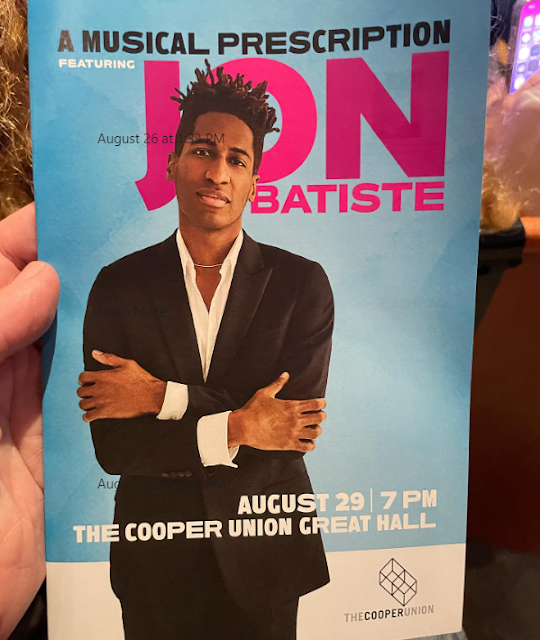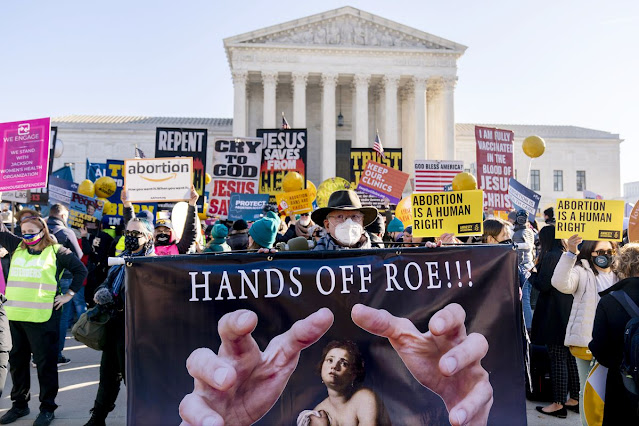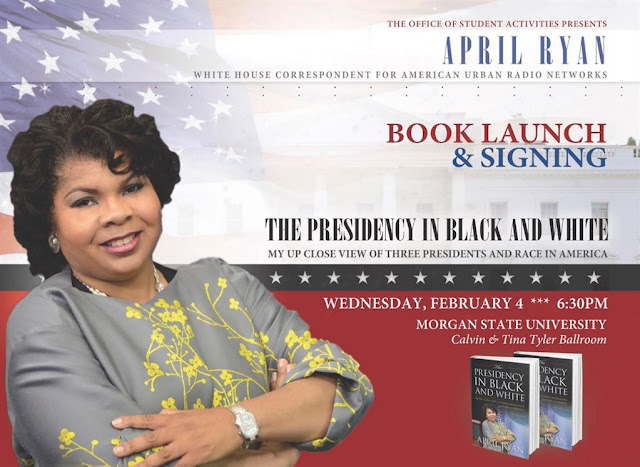How State and Local Governments Impoverish African-American Neighborhoods
This article was written to recount my first-hand experience with the heartbreak of American racism. Soon after my father’s death I learned that I was the owner of a house in Charleston, West Virginia, which had been built by my grandfather, Dr. Henry Floyd Gamble, who was one of the first African-American graduates of the Yale Medical School. He set up a practice in Charleston as the first African-American surgeon, obstetrician, and gynecologist in the region, and founded the local chapter of the National Medical Association – the African-American version of the American Medical Association since the AMA did not accept African-Americans as members. He resided in the home he built with my grandmother and his four offspring, two of whom were adults by the time he and my grandmother married. When he died, he bequeathed the property to three of his children: my aunt Katherine, my uncle Howard, and my mother. Upon my mother’s death, her portion of the property went to my father; and upon my father’s death, her third came to me.
My father had begun the process of trying to sell the property, and engaged a real-estate agent to handle the sale. After his death I learned that he had been paying property tax on his third, but no one else had been paying taxes on their thirds. This meant that there was an enormous bill for back taxes. Both my aunt and uncle were long-deceased, and there was no way to bill their estates for the taxes. Meanwhile, the property had been swallowed-up by the State for non-payment of back taxes, so I had to re-purchase it in order to be able to sell it.
The real-estate agent found a neighboring church which expressed interest in acquiring the house and the land. We signed the sale agreement in October of 2015. My father had also engaged an attorney to act as our personal representative and to file the documents for the sale; but for some reason, this lawyer refused to schedule a closing. Months, then years went by, and I was still being billed for property tax. Both I and my real-estate agent sent pleading messages and emails to this lawyer begging him to complete the sale, all to no avail.
In the midst of this mayhem I learned that it was the Kanawha County Sheriff’s responsibility to send tax bills to property owners. My address in New York was on file with the Sheriff’s office from the day I re-purchased the property and paid the outstanding tax bill. But the Sheriff to this day has NEVER sent a tax bill to my address. In fact, I learned soon after my father’s death that someone in the Sheriff’s office had changed the address on file for all correspondence regarding the property to a dormant P.O. Box in Charleston. After many inquiries, no one in the Sheriff’s office or the State Auditor's office could tell me why or by whom the addressed was changed.
While continuing my research I found an article in the Charleston Gazette-Mail titled “Duffield Fires Back on Recent Allegations,” detailing accusations of fraudulent activities committed by the Kanawha County chief deputy assessor. According to the article, former employees alleged that more than 30 properties owned by the assessor himself were undervalued on county tax books. They also stated that “Duffield himself claimed to be the sole occupant of at least 8 of these properties. Duffield’s job at the assessor’s office is full-time, but as a sideline over the years he has obtained dozens of properties.”
As luck would have it, this man stood directly in my path when it came to trying to find out the actual value of my grandfather’s property, the calculation of penalties and fees piled upon the back taxes, and the great mystery as to why and by whom the mailing address for the property was altered in the sheriff’s files. When I finally got him on the phone, he figured he could shout me down to silence my questions.
At this point it made sense to ask the lawyer my father had selected about filing charges against state and county officials for fraud. This was when the lawyer informed me that he represented “The County,” and if I intended to file charges, I would have to go elsewhere. (Is there a conflict of interest here?) Later I would learn that, since the church was a tax-exempt entity, this lawyer was clearly more interested in securing revenue for the county than with acting in my best interest.
I decided to go to the Justice Department and inform then Attorney General Loretta Lynch of what was happening in Charleston. I also set out to find a local attorney who could bring charges against the whole den of thieves. The day after I hung up the phone with a prominent Charleston lawyer with whom I discussed my plans for filing charges against local government officials, my grandfather’s house was burned to the ground. There was no electricity in the house; the fire was clearly deliberately set. The Charleston police report was “inconclusive,” and the FBI chose not to categorize the incident as a federal crime.
 |
| The West Virginia State Capitol Building - the seat of power. |
The moral of this story? This was a first-hand education on how local government officials collude to keep African-Americans impoverished. After all of the taxes were taken by the state from the proceeds of the sale of the land, I was left with nothing. My grandfather’s hard work, his hopes and dreams to leave a legacy for his descendants… dashed. Our current Attorney General clearly has no interest in such matters, so again our family is left without justice, violated, with no recourse. The pain of being African-American seems endless.
A footnote: In researching my grandfather’s family history I discovered that his father, who had been born a slave, had attempted to purchase a house soon after emancipation. In his own words, my grandfather was quoted in an article as saying, "In 1875 the Flanagan Bank failed, my father had saved $500.00, which was then due on a small home he had bought. Having all his savings in the bank, he lost it all in the failure. The payment on his property and the support of a wife and ten children took all that father and children could make.” My great-grandfather had been a foreman on his master’s plantation. His wife’s father was also her master/owner.
I am still trying to figure out the karmic lesson here. All I can think to do is to document my story, and to cry out to the ancestors for justice!
There have been similar stories in the news about the Gullah people of South Carolina being forced off of their land via shady “legal” practices designed to benefit land developers and resort owners. Here is a BBC article and video:










This is a great article. Dr. Gamble was my Great-grandfather.
ReplyDeleteHey Cousin!
Delete